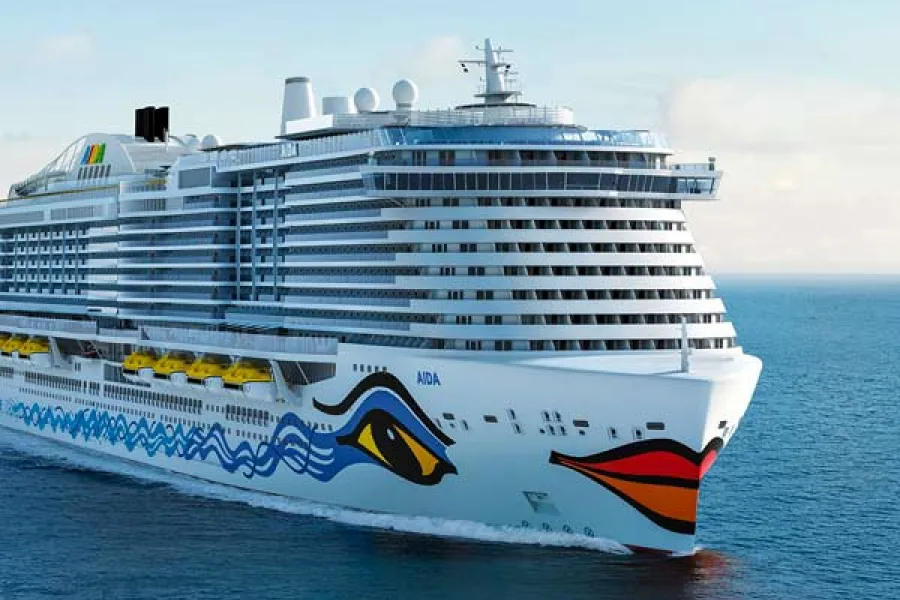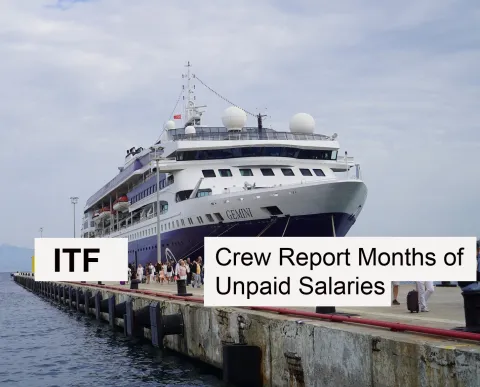
The German Cruise Line, Aida Cruises, which belongs to the Carnival Group, has signed a contract for a third LNG powered cruise ship from the AIDAnova class, according to a statement released today. All three upcoming AIDA ships will be powered by LNG fuel. The first ship will be completed in autumn 2018, the second in 2021 and the third in 2023.
“With this order, we are already building the tenth ship for AIDA in Papenburg, Germany. This underscores the long-term partnership between Carnival Corporation and Meyer Werft’’ said Tim Meyer, Managing Director. The new vessel will be over 180,000 GT and have a capacity of about 2,700 cabins. As part of the Green Cruising concept, it is one of the first cruise liners to be 100% LNG-operated.
The engine room module for the three ships is supplied by the Meyer subsidiary from Rostock, the Neptun shipyard. They include the entire engine room of the respective ships, the LNG tanks as well as all mechanical engineering systems and equipment elements.
Starting with AIDAnova, the next generation of vessels will combine innovation and advanced successful offerings from the existing fleet. More than 40 different restaurants and bars will take guests on board into completely new dining experience worlds and set culinary trends. Versatile entertainment offerings like the further developed Theatrium, own TV studio or new experience restaurants will inspire. More than 20 different cabins are available - from the Penthouse Suite to spacious family cabins and single cabins with balconies.
At the same time, the company is reaffirming its commitment to the environment with the construction of another ship at Meyer Werft in Papenburg, which can be operated entirely with low-emission Liquefied Natural Gas (LNG).
AIDA Cruises is investing more than three billion euros in the expansion of its fleet over the next few years. With each new ship, the company also creates around 2,000 new jobs on board and ashore and provides many thousands of highly qualified jobs in German and European shipbuilding as well as the domestic supply industry.












